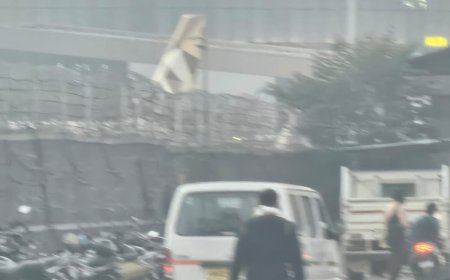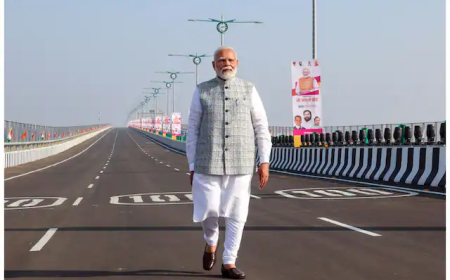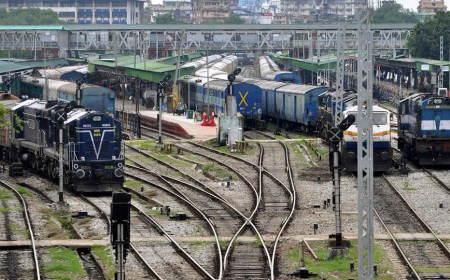New Delhi, 24 May: In a significant diplomatic move, India is set to oppose the World Bank’s proposed funding to Pakistan, citing Islamabad’s alleged history of diverting development aid for military purposes. The World Bank is scheduled to review a proposed USD 20 billion lending programme to Pakistan next month, under the Country Partnership Framework (CPF) agreed earlier this year.
According to official sources, New Delhi has raised serious concerns over Pakistan’s past misuse of funds received from multilateral agencies such as the International Monetary Fund (IMF) and the World Bank. These funds, meant for poverty alleviation and sustainable development, have allegedly been siphoned off to procure arms and ammunition, further escalating regional instability.
“India is not averse to any country receiving development funding. But given Pakistan's consistent track record of using aid for military expansion, especially amid current border tensions, such assistance is not justified,” a senior government source said.
Sources confirmed that Finance Minister Nirmala Sitharaman had raised the issue with IMF Managing Director Kristalina Georgieva and key ministers from IMF board member nations earlier this month. Indian diplomats also made a detailed presentation to influential countries, including the United States, highlighting Pakistan's misuse of international funds.
While India could not block the recent USD 2.3 billion IMF assistance package to Pakistan due to procedural limitations, its lobbying effort led the IMF to impose 11 strict structural conditions on the loan. These conditions cover areas including fiscal governance, social safety nets, energy reforms, trade, and deregulation.
India abstained from voting during the IMF session, as the Fund’s charter does not permit a direct negative vote against aid disbursal.
New Delhi presented data showing that Pakistan’s military spending rose sharply during years it received IMF and World Bank assistance. Public records show that Pakistan allocates nearly 18% of its national budget to defense, compared to the global average of 10–14% even among conflict-ridden nations.
In addition, India shared intelligence reports and images of senior Pakistani military officials attending funerals of designated terrorists, reinforcing the claim that the state is complicit in shielding and honoring terror-linked individuals.
The April 22 terror attack in Pahalgam, which killed 26 civilians, has further exacerbated bilateral tensions. India accuses Pakistan of continuing to harbour and support terrorist groups operating across the border.
The World Bank’s proposed USD 20 billion aid, scheduled to begin from 2026, is intended for sectors including clean energy, climate resilience, infrastructure, and human capital development in Pakistan over a 10-year period.
However, Indian officials argue that without robust transparency and safeguards, such funds could once again be redirected toward military objectives. “Development funds must be used for the people, not to purchase weapons during peacetime or conflict,” the government source added.
This move reflects India’s growing assertiveness in multilateral forums, where it is increasingly using diplomatic channels to raise concerns about regional security and responsible funding. While India's position may not block funding unilaterally, it is expected to influence several member states during the upcoming World Bank review.
As the debate intensifies, international agencies will now be under greater pressure to ensure that aid to volatile regions like Pakistan comes with stringent checks and balances.




 Previous
Article
Previous
Article











